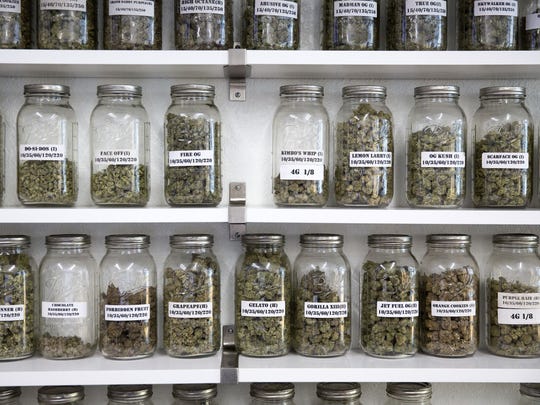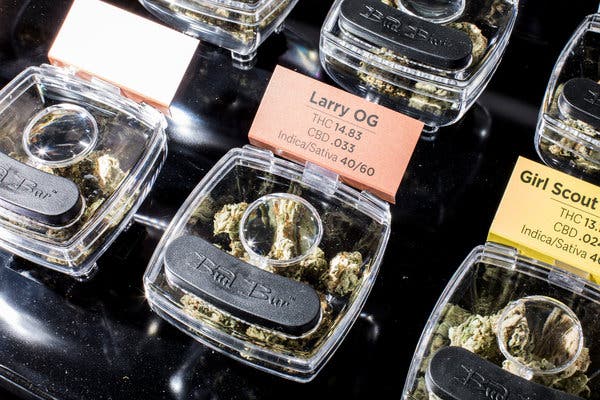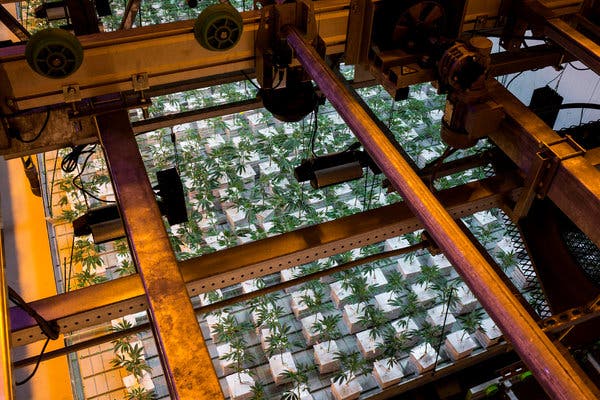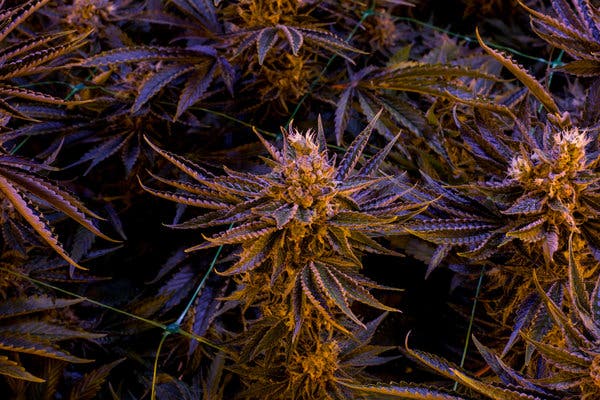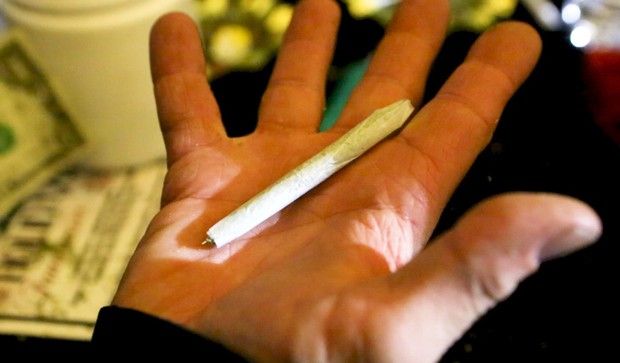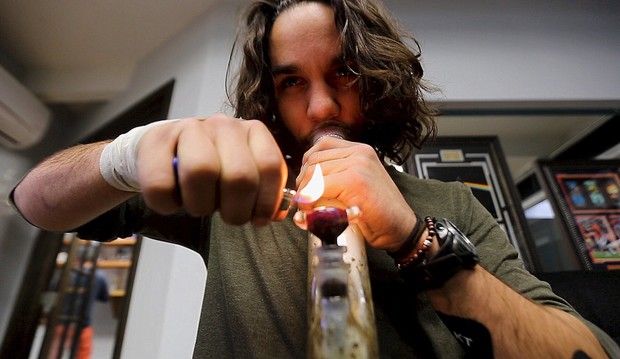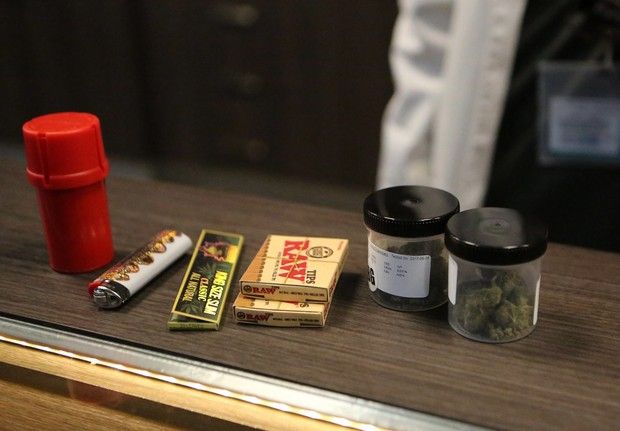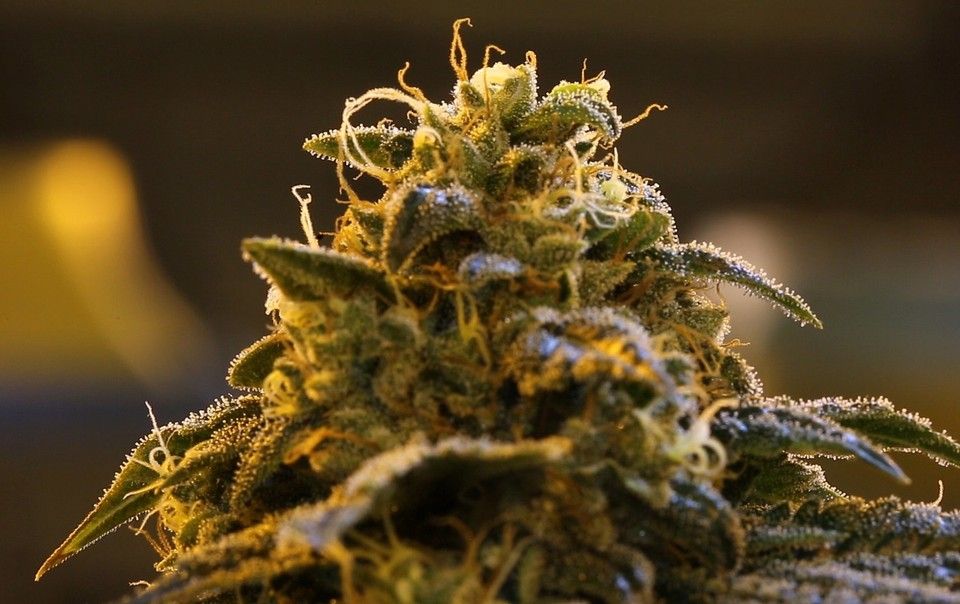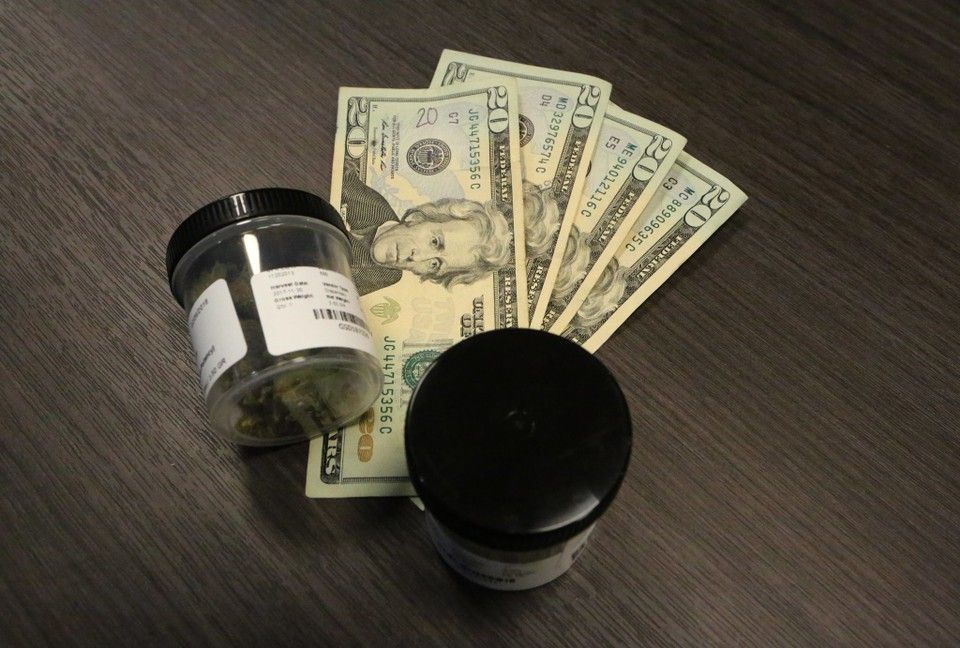Baron23
Well-Known Member
If NJ ever goes full legal it will have a massive impact on the NE and mid-Atlantic states. Either legalize or lose revenue to NJ. Take your pick cause people are going to cross the state line to buy if necessary.
Will weed be legal in NJ in 2019? Here's the latest on marijuana
How soon will New Jersey legalize recreational marijuana for adults?
A vote by the Legislature could be coming soon.
State Sen. Nick Scutari, D-Union, who has been working on a measure to make pot legal for months, says progress is being made and he’s hoping hearings will wrap up and a vote will be taken sometime in June before lawmakers break for the summer.
Scutari, the chairman of the legislative committee overseeing this bill, insists “prohibitions of marijuana is nothing but a cash cow for the illegal drug market."
"It does nothing to safeguard our streets. All it does is mass incarcerate and take away educational and career opportunities for our young people," he said.
Gov. Phil Murphy campaigned on legalizing recreational use of marijuana. But top members of his own Democratic Party have been hesitant to move quickly.
Still, Scutari is hopeful.
“We’re hopeful to finally turn the corner on this and make it legal, just as alcohol was a hundred years ago," he said.
Scott Rudder, president of the New Jersey Cannabusiness Association, says as legislative hearings continue, entrepreneurs and business groups are holding seminars and training sessions about how to become a part of what’s expected to be a profitable industry.
He believes expanding access to marijuana would be positive.
“We’re in the middle of this awful opioid epidemic and there’s a solution: One plant can replace 11, 12, 20 different medications,” says Rudder.
He notes in other states that have adopted recreational pot laws, opioid use and opioid overdoses are going down, and teenage use is also dropping.
“We’re talking to mayors, we’re talking to community leaders, we’re talking to senators, we’re taking to members of the Assembly, and we’re finding that more and more people are coming onboard. So I do believe we have the momentum.”
As for those who insist marijuana is a dangerous gateway drug, Rudder said there is absolutely no proof to back that up.
“If you were going to talk about gateway theories, and you’re saying a person who once used cocaine previously used cannabis, I guarantee that person also once drank lemonade. We cannot just make this general leap. Cannabis in its purest sense is not addictive. Sugar and caffeine have more addictive qualities.”
He adds “we’ve been told our entire lives that cannabis cocaine and heroin are all the same thing. But we’ve seen the past 30 years of educational research that’s so far from the truth.”
So when will recreational marijuana be available to buy?
Rudder says if legislation is passed to legalize cannabis by the end of next month, there will be a rather lengthy but necessary regulatory process that follows.
“I envision that sometime the summer of next year we’ll start to see new adult-use dispensaries joining the medical cannabis dispensaries in New Jersey," he said.
Will weed be legal in NJ in 2019? Here's the latest on marijuana
How soon will New Jersey legalize recreational marijuana for adults?
A vote by the Legislature could be coming soon.
State Sen. Nick Scutari, D-Union, who has been working on a measure to make pot legal for months, says progress is being made and he’s hoping hearings will wrap up and a vote will be taken sometime in June before lawmakers break for the summer.
Scutari, the chairman of the legislative committee overseeing this bill, insists “prohibitions of marijuana is nothing but a cash cow for the illegal drug market."
"It does nothing to safeguard our streets. All it does is mass incarcerate and take away educational and career opportunities for our young people," he said.
Gov. Phil Murphy campaigned on legalizing recreational use of marijuana. But top members of his own Democratic Party have been hesitant to move quickly.
Still, Scutari is hopeful.
“We’re hopeful to finally turn the corner on this and make it legal, just as alcohol was a hundred years ago," he said.
Scott Rudder, president of the New Jersey Cannabusiness Association, says as legislative hearings continue, entrepreneurs and business groups are holding seminars and training sessions about how to become a part of what’s expected to be a profitable industry.
He believes expanding access to marijuana would be positive.
“We’re in the middle of this awful opioid epidemic and there’s a solution: One plant can replace 11, 12, 20 different medications,” says Rudder.
He notes in other states that have adopted recreational pot laws, opioid use and opioid overdoses are going down, and teenage use is also dropping.
“We’re talking to mayors, we’re talking to community leaders, we’re talking to senators, we’re taking to members of the Assembly, and we’re finding that more and more people are coming onboard. So I do believe we have the momentum.”
As for those who insist marijuana is a dangerous gateway drug, Rudder said there is absolutely no proof to back that up.
“If you were going to talk about gateway theories, and you’re saying a person who once used cocaine previously used cannabis, I guarantee that person also once drank lemonade. We cannot just make this general leap. Cannabis in its purest sense is not addictive. Sugar and caffeine have more addictive qualities.”
He adds “we’ve been told our entire lives that cannabis cocaine and heroin are all the same thing. But we’ve seen the past 30 years of educational research that’s so far from the truth.”
So when will recreational marijuana be available to buy?
Rudder says if legislation is passed to legalize cannabis by the end of next month, there will be a rather lengthy but necessary regulatory process that follows.
“I envision that sometime the summer of next year we’ll start to see new adult-use dispensaries joining the medical cannabis dispensaries in New Jersey," he said.

